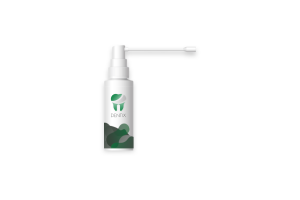
DENTIMMUNE Spray (cannula)
DENTIMMUNE Spray ■ cannula It is administered topically either for
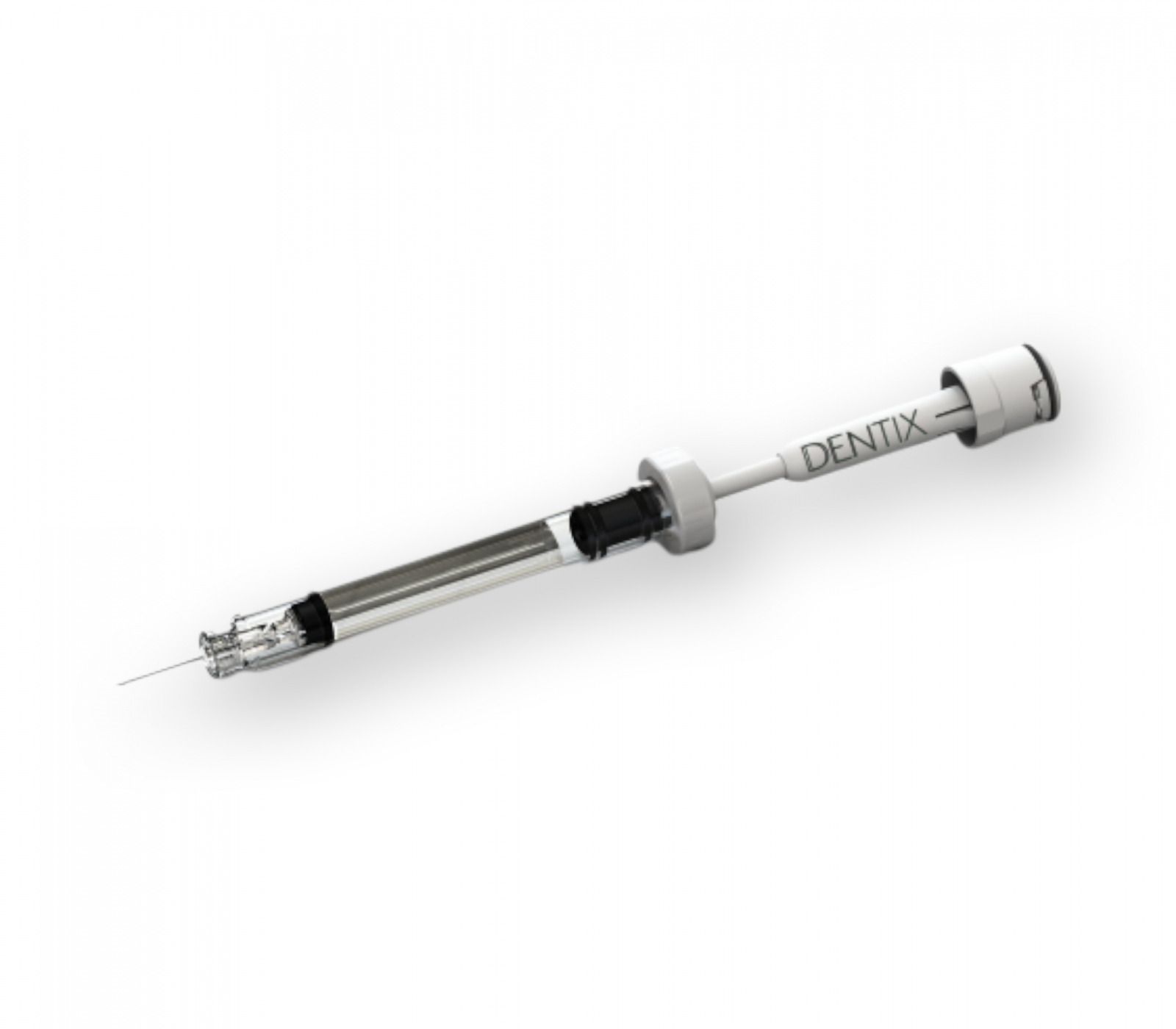

DENTIMMUNE Spray ■ cannula It is administered topically either for
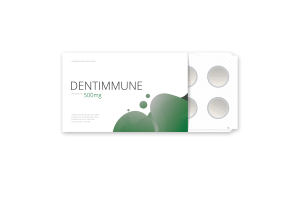
DENTIMMUNE Drops It is administered sublingually either for prophylactic purposes
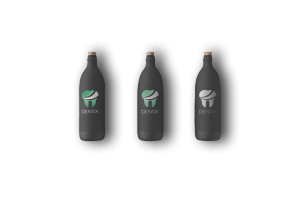
DENTIMMUNE Mouthwash It is used either prophylactically or therapeutically for
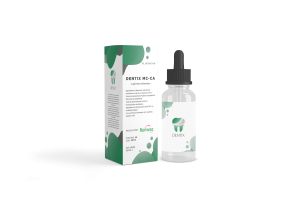
DENTIMMUNE Liquid Drops The gradual release of antibodies and antimicrobial